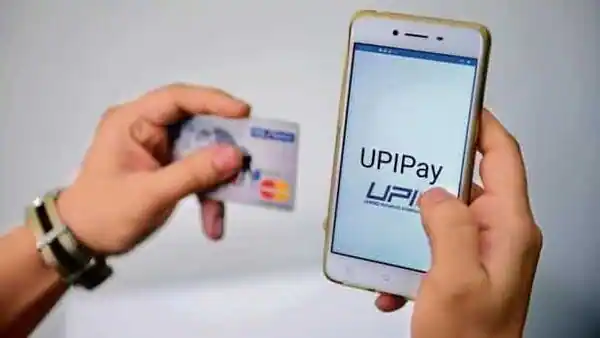In today’s digital age, Unified Payments Interface (UPI) has emerged as a convenient and efficient way to carry out financial transactions. Whether you’re paying bills, shopping online, or transferring money to friends and family, UPI offers unparalleled ease and speed. However, with the convenience of UPI comes the responsibility of ensuring the security of your transactions. In this quick guide, we’ll explore some essential tips for securing your online UPI payments and safeguarding your financial information.
1. Choose a Secure UPI App
When using UPI for online transactions, it’s crucial to choose a secure and trusted UPI app. Opt for apps provided by reputable banks or financial institutions with robust security measures in place. Look for features such as multi-factor authentication, encryption protocols, and regular security updates to protect your transactions from unauthorized access.
2. Set Strong Passwords and PINs
Create strong and unique passwords or PINs for your UPI accounts to prevent unauthorized access. Avoid using easily guessable passwords such as your birthdate or sequential numbers. Instead, opt for complex combinations of letters, numbers, and special characters. Additionally, refrain from sharing your passwords or PINs with anyone and regularly update them for added security.
3. Enable Two-Factor Authentication
Two-factor authentication (2FA) adds an extra layer of security to your UPI transactions by requiring additional verification beyond just your password or PIN. Enable 2FA features such as OTP (One-Time Password) verification or biometric authentication (fingerprint or facial recognition) whenever possible to enhance the security of your transactions.
4. Be Cautious of Phishing Attempts
Be vigilant against phishing attempts aimed at stealing your UPI credentials and personal information. Avoid clicking on suspicious links or responding to unsolicited emails, messages, or calls asking for your UPI details. Legitimate banks or UPI providers will never ask you to share sensitive information through unsecured channels.
5. Verify Recipient Details
Before initiating any UPI transaction, double-check the recipient’s details, including their UPI ID or virtual payment address (VPA). Ensure that you’re sending money to the intended recipient and verify the transaction amount to avoid errors or fraudulent transfers. Cross-check recipient details through multiple channels if necessary to ensure accuracy.
6. Monitor Your Transactions Regularly
Keep a close eye on your UPI transaction history and account activity to detect any unauthorized or suspicious transactions promptly. Most UPI apps provide features for reviewing transaction history and setting up alerts for unusual activity. Report any unauthorized transactions to your bank or UPI provider immediately to prevent further losses.
7. Update Your UPI App Regularly
Stay up-to-date with the latest security patches and enhancements by regularly updating your UPI app. Developers often release updates to address security vulnerabilities and improve overall app security. Set your UPI app to automatically update or manually check for updates regularly to ensure that you’re using the latest version with enhanced security features.
In conclusion, securing your online UPI payments is essential for protecting your financial information and preventing unauthorized access. By following these simple yet crucial tips, you can enjoy the convenience of UPI transactions while minimizing the risks associated with online payments. Stay informed, stay vigilant, and take proactive steps to safeguard your UPI transactions against potential threats.
Use the Airtel Thanks app for secure UPI payments, Airtel number check, recharges, bill payments and a lot more.
